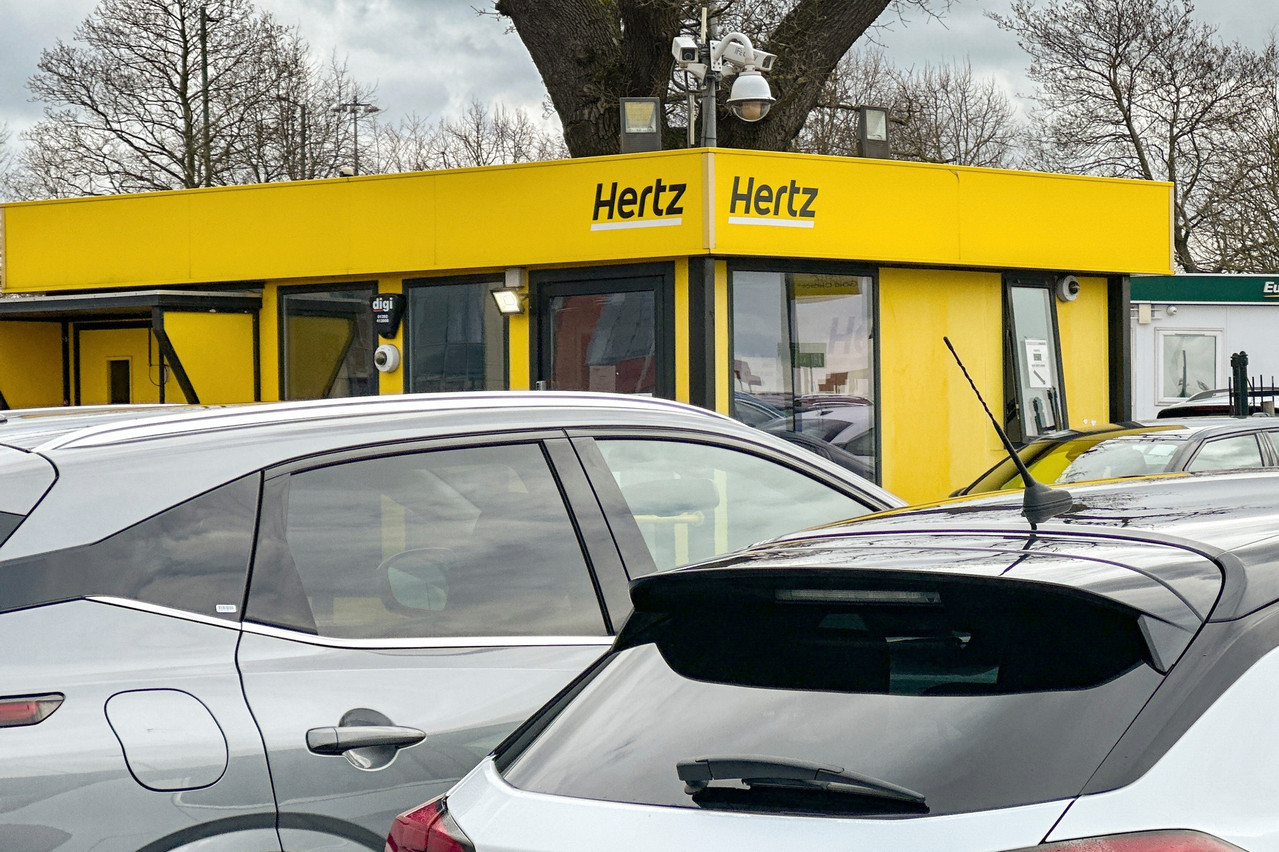In 2021, car rental company Hertz announced its intention to buy 100,000 Teslas over two years to green its rental fleet.
Three years later, several law firms specialising in class actions are reminding investors of the existence of a class action lawsuit for those who held shares between 27 April 2023 and 24 April 2024. The opportunity to join the class action closes on 30 July. At stake is the way in which electric vehicles have been consolidated in Hertz’s accounts following its experience with hidden costs, particularly in vehicle servicing and maintenance.
According to press releases issued by , and other law firms, the complaint alleges that Hertz downplayed the financial impact of vehicle depreciation on its business and overestimated its ability to track and manage vehicle depreciation, while demand for Hertz’s electric vehicles was not as strong as the defendants had led investors to believe. In addition, Hertz had too many vehicles, particularly electric vehicles, in its fleet to remain profitable. As a result, the suit claims, Hertz was likely to incur significant losses on the disposition of its ICE (internal combustion engine) and electric vehicles, and all of the foregoing was likely to have, and did have, a material adverse effect on Hertz’s financial results. Furthermore, the company’s public statements allegedly were materially false and misleading at all relevant times.
In January, Hertz announced that it was getting rid of 20,000 electric vehicles-- around a third of its global electric vehicle fleet--in order “to better balance supply against expected demand of EVs.” According to the company, this would “result in the recognition, during the fourth quarter of 2023, of approximately $245m of incremental net depreciation expense related to the sale,” which “represents write down of the EVs’ carrying values as of December 31, 2023 to their fair values, less related expenses associated with the disposition of the vehicles.”
Two months later, Stephen Scherr decided to and member of the board of directors.
The company’s first-quarter results showed a negative adjusted Ebitda of $567m, a negative margin of 27%, due to an increase in vehicle depreciation, including $195m relating to electric vehicles held for sale. The number of electric cars sold rose from 20,000 to 30,000. Some internet users found used Teslas for sale for $20,000. We don't know what happened to the promise to buy 65,000 Polestars. The results for the second quarter will not be known until 1 August.
In a previous class action lawsuit, Hertz finally at the end of 2022 to settle most of 364 pending claims, which were from customers who had falsely reported as stealing Hertz vehicles… when in fact it was a computer glitch that occurred when the cars were returned.
Paperjam asked Hertz for a comment.
This article was originally published in . Updated 26 July 2024 at 6:45am to specify that Hertz was approached for a comment.
